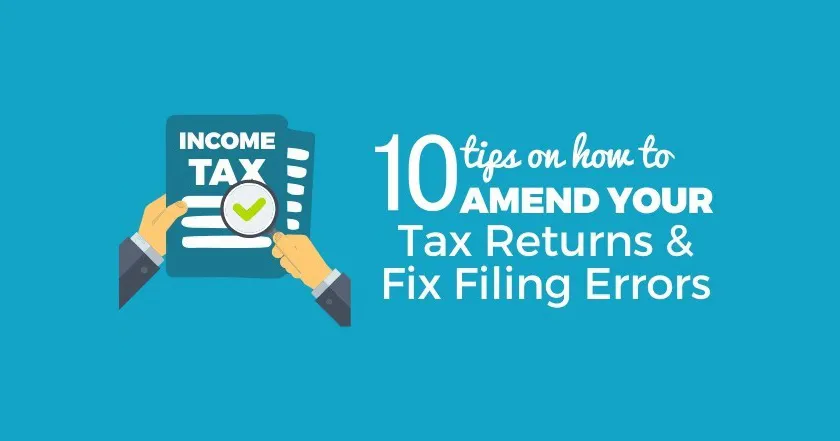Choosing to elect S corporation status can offer key tax benefits and legal protections for eligible businesses. This guide explains what an S corporation is, who qualifies, how to file, and the practical do’s and don’ts to help you navigate the election process with confidence.
What Is An S Corporation?
An S corporation is a special tax status granted by the IRS. It allows qualifying corporations to pass income, losses, deductions, and credits directly to shareholders for federal tax purposes. This avoids double taxation that typically applies to C corporations, where both the business and shareholders are taxed separately on earnings.
Benefits of Electing S Corporation Status
- Avoid double taxation: Profits pass through to shareholders and are taxed only at the individual level.
- Limited liability protection: Owners are generally not personally responsible for business debts or lawsuits.
- Increased credibility: Operating as an S corporation can enhance your reputation with lenders, investors, and potential partners.
Eligibility Requirements for S Corporation Status
To qualify for S corporation status, your business must:
- Be a U.S.-based corporation or LLC
- Have no more than 100 shareholders
- Offer only one class of stock
- Include only eligible shareholders (individuals, certain trusts, and estates)
- Exclude partnerships, corporations, and non-resident aliens as shareholders
- Avoid restricted business types, such as insurance companies and certain financial institutions
How to Elect S Corporation Status
Step 1: Form Your Legal Entity
Start by incorporating your business with your state. This means filing Articles of Incorporation for a corporation or Articles of Organization for an LLC.
Step 2: Obtain an EIN
Apply for an Employer Identification Number (EIN) through the IRS. You’ll need this before you can file Form 2553.
Step 3: File IRS Form 2553
Submit Form 2553, Election by a Small Business Corporation. All shareholders must sign it. Timing is critical:
- File within 2 months and 15 days of the beginning of the tax year the election is to take effect
- Or file any time during the tax year before the election takes effect
- Late filings may be accepted with reasonable cause
Do’s and Don’ts When Electing S Corporation Status
Do:
- Ensure your business meets all IRS eligibility requirements
- Confirm all shareholders agree to the election and sign Form 2553
- File early to avoid delays
- Maintain clean corporate and shareholder records
- Work with a tax professional to evaluate if S Corp status is right for your business
Dont:
- Overlook your state’s treatment of S corporations. Some states do not recognize the election
- Forget to complete any state-specific forms required after making the federal election
- Allow your business structure or shareholder makeup to become non compliant
- Assume an S corporation is always better than a C corporation or LLC—it depends on your financials
- Miss the filing deadline, which could delay your election until the next tax year
Key Takeaways:
- An S corporation is a tax election that helps businesses avoid double taxation and limit personal liability
- You must meet strict IRS criteria to qualify
- Filing IRS Form 2553 on time is essential to activate your election
- Some states treat S corporations differently from the IRS, so check local rules
- Consulting a tax professional can help you make the right decision and maintain compliance
Frequently Asked Questions
What is the main advantage of an S corporation?
The primary advantage is avoiding double taxation. Profits are taxed at the shareholder level, not at the corporate level.
Can I file late if I miss the deadline?
Yes, the IRS often accepts late filings if you can provide a reasonable explanation. However, this is not guaranteed.
Can any business become an S corporation?
No. Your business must meet IRS eligibility requirements, including shareholder type, total number of shareholders, and structure.
Do all states recognize S corporation status?
No. Some states do not recognize the federal S corporation election and may continue taxing you as a C corporation.
Is S corporation status always the best choice?
Not always. It depends on your income, tax goals, and structure. A professional can help assess whether it’s the right fit.





